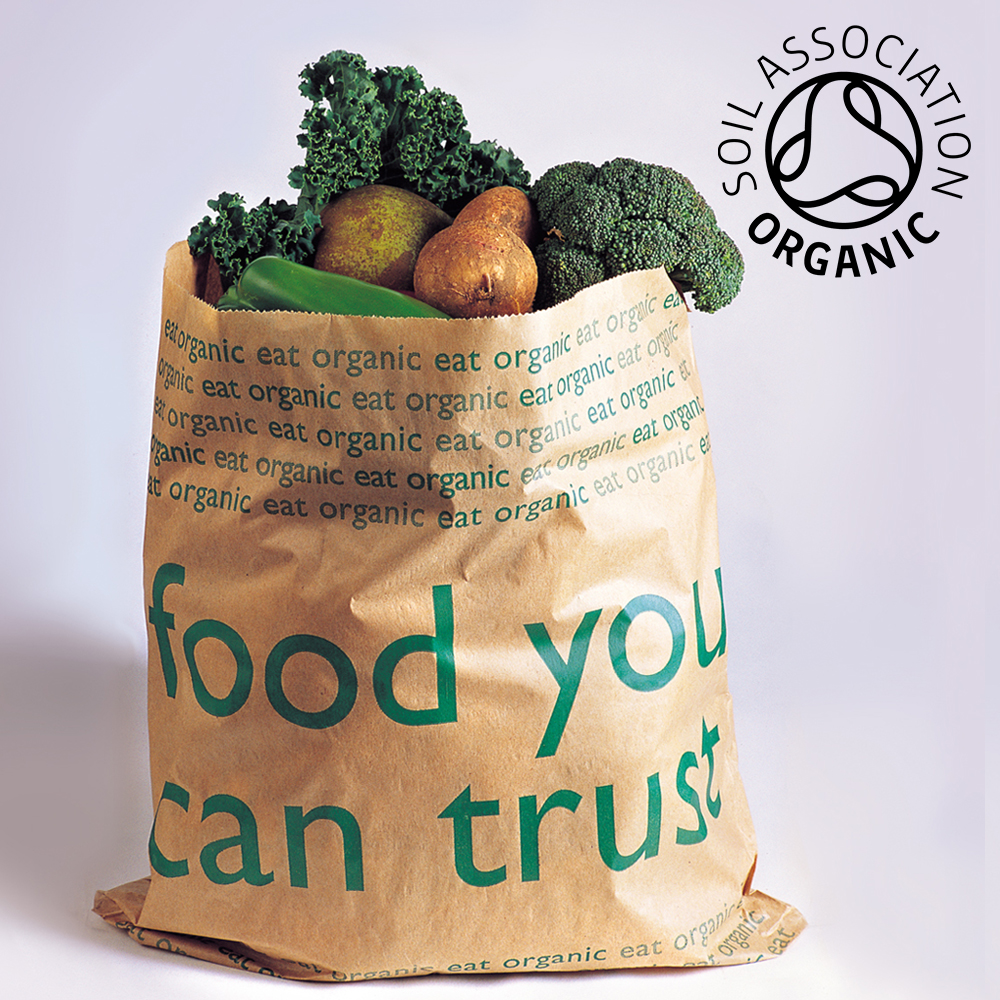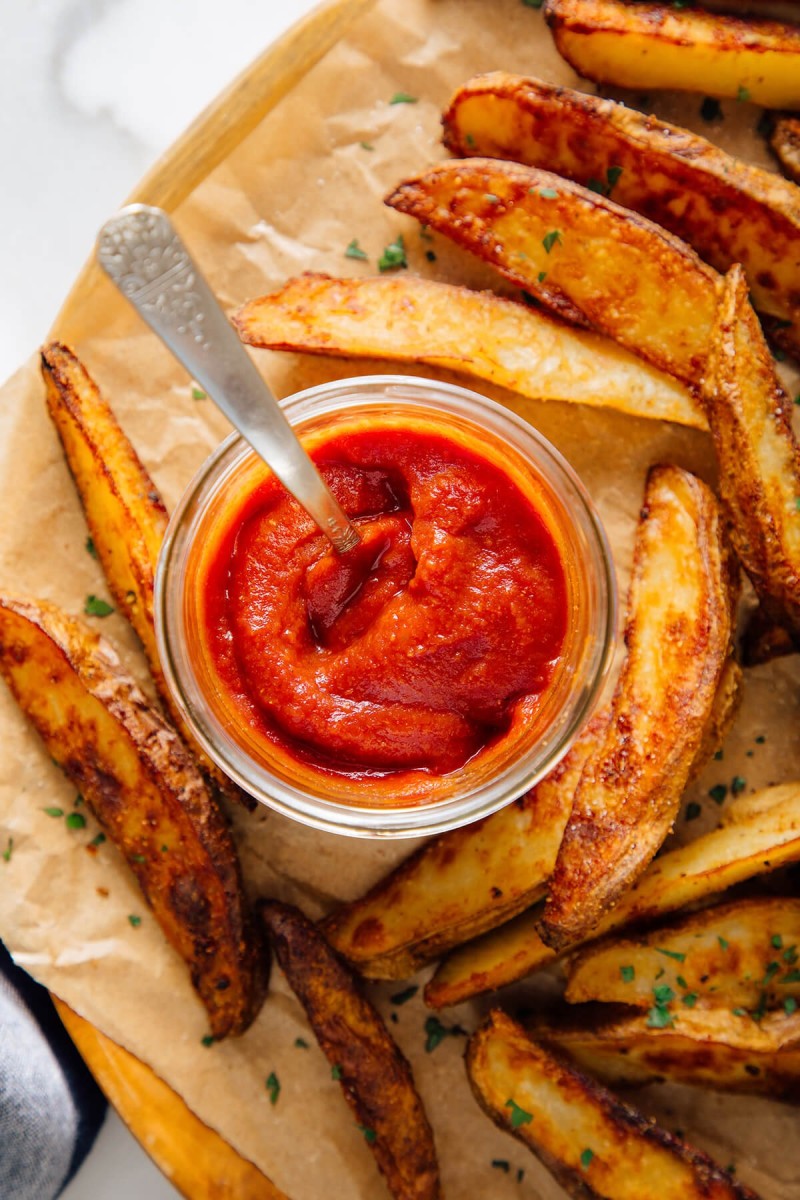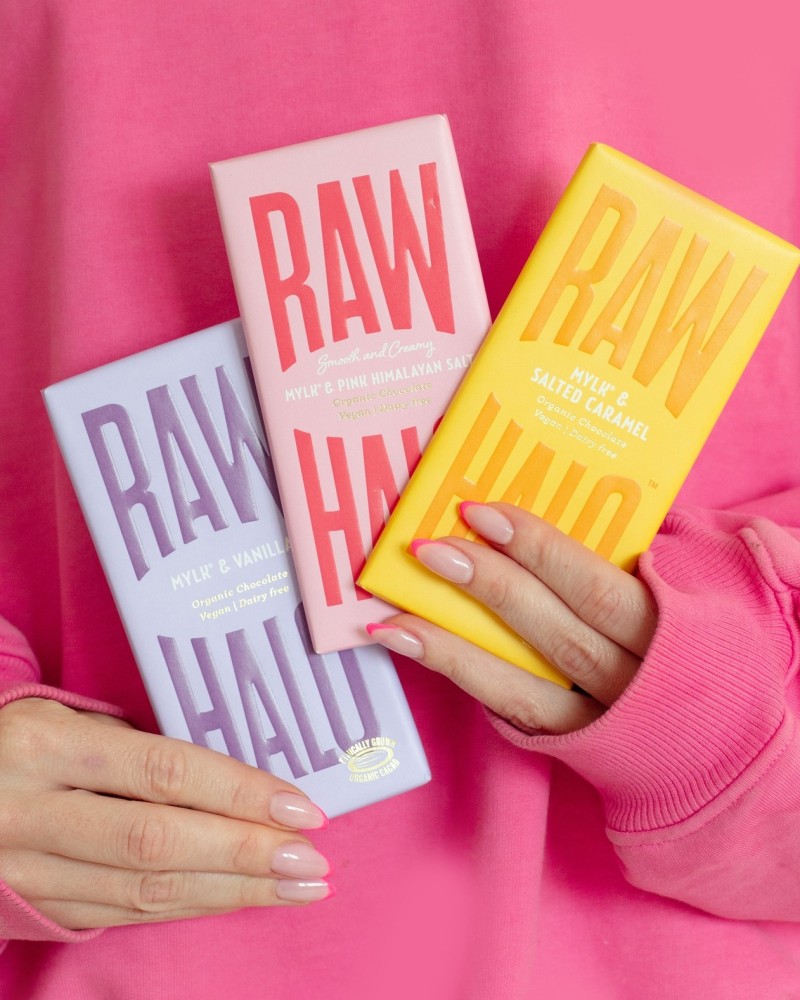How to Tell If a Food Is Truly Organic

Soil Association has very strict laws for farming (The Wholesome Food Association used to offer a based-on-honesty affordable alternative, but it’s disappeared).
Brian May recently resigned as vice-president of the RPSCA as (although they do great emergency rescue work), there were appalling videos coming out of abattoirs that were ‘approved’ under welfare standards.
Major supermarkets have recently suspended (not cancelled) farms in Lincolnshire, where pigs were being killed (illegally) with blunt force trauma.
CIWF (Compassion in World Farming) wants its own six-tier labelling system, for people to know and trust which animals foods to buy. And of course you can buy vegan foods, but The Vegan Society even approves foods made with palm oil, which is harming orangutans (Greenpeace says there is no such thing as sustainable palm oil).
The best solution is to simply make your own food with real ingredients. If you do eat animal foods, buy from local organic farms. Red Tractor and ‘made in Britain’ means not much in welfare terms, other than it complies with the law.
Tips for Supporting Organic Practices
- Buy local organic where you can, and check for organic marks.
- Use apps or retailer filters that show certification details and control body numbers.
- Choose seasonal produce to support diverse rotations on farms.
- Ask simple questions at markets, like who certifies the farm and how often they are audited.
- Support small makers who are transparent about ingredients and methods. In personal care, for example, look for clear labels that list natural inputs, low-additive formulas, and honest claims about processing.
Sustainability Labels

- The international palm oil free certification trademark is better than ‘sustainable palm oil’, which is just a self-policed term by industry, that Greenpeace says is as useful as a chocolate teapot. Some ‘certified’ forests have been burned to the ground, along with orangutans and their babies. Just cook your own meals with real ingredients.
- Marine Conservation Council’s Blue Label offers a logo to apparently avoid over-fishing and by-catch, but again a few decisions have proven controversial. And as this money takes money to promote fisheries, it’s always going to have vested interests
Austria Has Much Higher Food Label Standards

Austria has some of the toughest labelling rules in Europe. Clear standards mean shoppers can trust what they buy, and farmers who follow the rules see fair reward for their work.
For places to eat, this travel blogger has a says Austria is one of the best places to eat plant-based food. Recently, one supermarket chain opened its Vienna branch – all vegan!
Austria goes further than EU laws, with recognised marks that signal compliance at a glance.
False claims meet stiff penalties. Products can be delisted, labels withdrawn, and fines imposed. In severe cases, authorities can suspend operations or refer matters for prosecution. This firm response keeps the label honest for the many who follow the rules.






